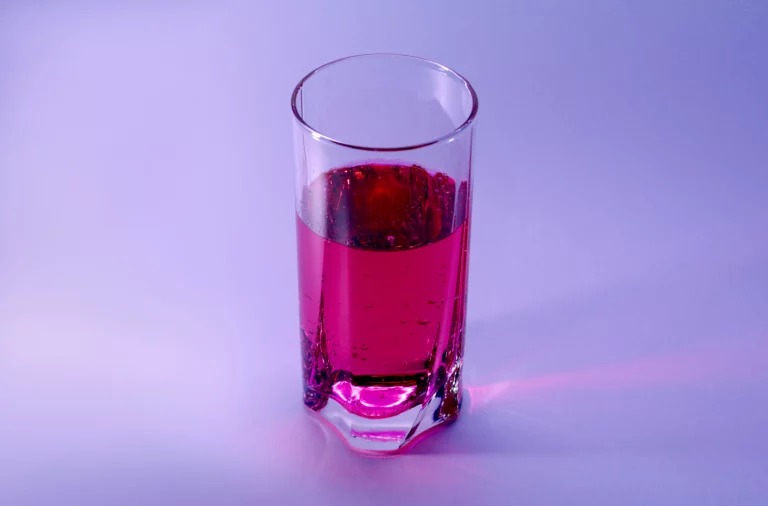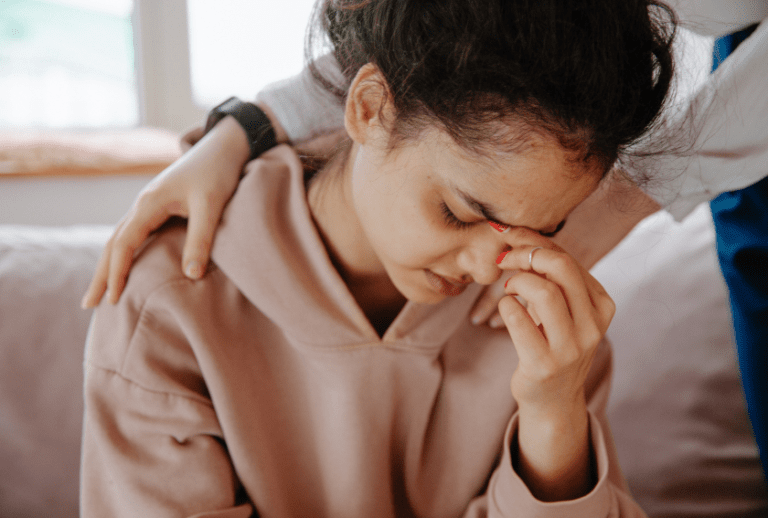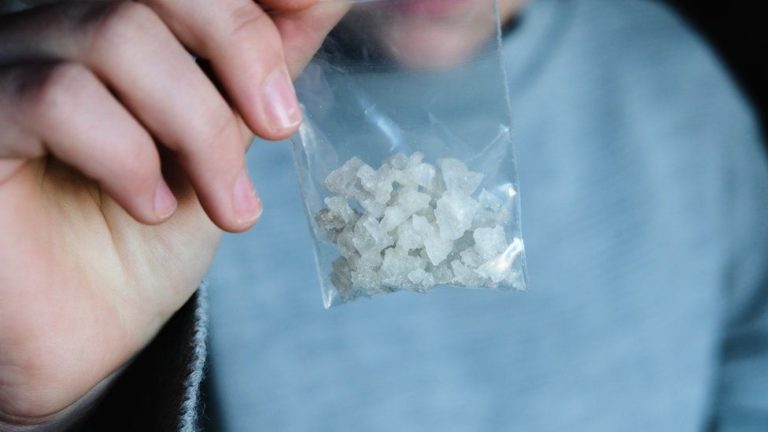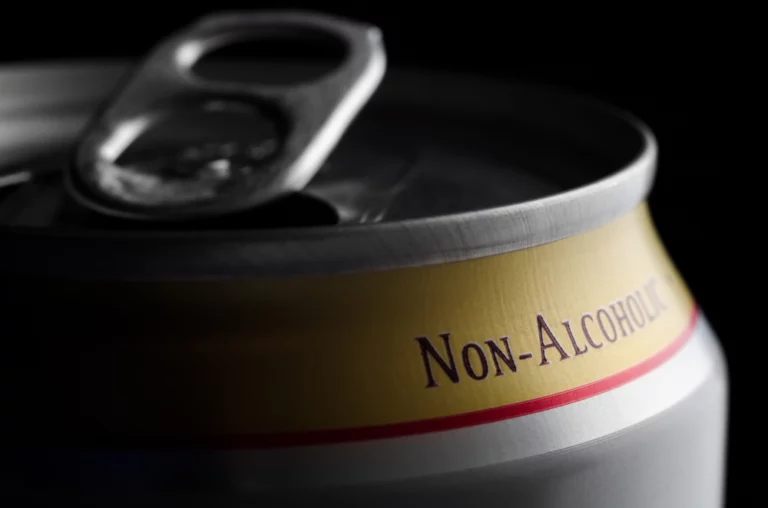Covid-19 Causes Spike in Alcohol-Related Fatalities
The Covid-19 pandemic has taken many lives, but a lesser-known toll of the outbreak is the spike in alcohol-related deaths. According to data from the Centers for Disease Control and Prevention (CDC), there has been a significant increase in alcohol-related fatalities since the pandemic began. This is likely due to people turning to alcohol as a means of coping with the stress and anxiety caused by the outbreak. If you or someone you know is struggling with alcohol addiction, please seek help immediately.
Covid-19 and Alcoholism
According to a new report, alcohol-related fatalities in the United States increased by nearly 30 percent in 2020. This is the largest single-year increase on record, and it represents a sharp increase from previous years. The CDC attributes this spike to the stress and anxiety caused by the Covid-19 pandemic. Many individuals struggling with addiction during the pandemic have also had trouble entering treatment due to the closure of facilities and other restrictions.
The CDC’s report on alcohol-related fatalities is a grim reminder of the toll that the Covid-19 pandemic has taken. In previous years, most alcohol-related fatalities were cited as traffic accidents due to intoxicated drivers behind the wheel, but there has been an increase in deaths due to alcohol poisoning and liver disease. In fact, liver disease was the leading cause of alcohol-related deaths in 2020 with alcohol poisoning coming in a close second. Traffic accidents were the third leading cause.
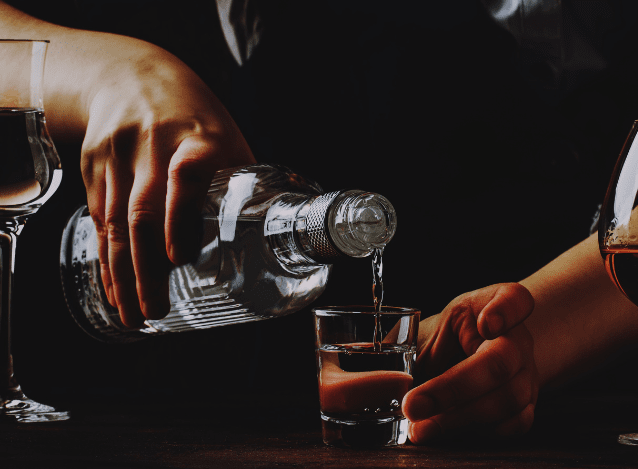
Healthy Coping Skills During Pandemic
If you or someone you know is struggling with alcohol addiction, please seek help immediately. There are many resources available to help individuals get the treatment they need. In the meantime, here are some healthy coping skills that can help reduce stress and anxiety:
-Talk to a trusted friend or family member about your feelings
With so much stress and uncertainty in the world, it’s not surprising that people are turning to alcohol to cope, and confiding in someone you trust about your drinking habits can be difficult, but it’s worth it.
-Exercise regularly
During the Covid-19 pandemic, people are turning to alcohol to cope with the added stress of job loss, social isolation, and anxiety. Exercise helps combat alcohol cravings and can be a great way to relieve stress.
-Eat a healthy diet
A healthy diet can help curb alcohol cravings because certain nutrients are known to help reduce anxiety and promote relaxation. Some of the best foods for combating alcohol cravings include:
-Omega-rich foods like salmon, walnuts, and chia seeds
-Probiotic-rich foods like yogurt, kimchi, and sauerkraut
-Magnesium-rich food
-Get plenty of sleep
During the Covid-19 pandemic, however, many people have found themselves struggling with sleep. This is likely due to increased stress and anxiety levels, as well as changes in routine. For people who are struggling with alcoholism, this can be a dangerous combination. Sleep is important in combatting alcoholism due to its ability to help the body recover from alcohol’s effects and keep anxiety at bay.

-Limit your alcohol consumption
Drinking too much alcohol can weaken your immune system, making you more susceptible to diseases like Covid-19. It can also lead to other health problems, including liver disease and cancer. Try limiting yourself to one drink per day, or cutting back on the days you drink altogether. You can also try swapping out alcohol for non-alcoholic beverages like sparkling water or juice.
Whatever you do, it’s important to be mindful of your drinking and make sure you’re staying safe during these uncertain times.
-Avoid using drugs as a way to cope with stress or anxiety
For some, drug use can provide a temporary escape from reality and help people forget their troubles with alcohol for a little while. However, what many people don’t realize is that turning to drug use can actually make their problems worse in the long run.
Drug use can lead to addiction, which is a chronic, relapsing disease that causes changes in the brain that can be extremely difficult to overcome. In addition, it can also lead to other health problems, financial instability, and relationship issues. In some cases, it can even lead to death.
By following these tips, you can help reduce your risk of developing an alcohol addiction or experiencing other negative health consequences. The Covid-19 pandemic has been a difficult time for everyone, but it’s important to take care of yourself both physically and mentally.
Professional Addiction Treatment for Alcohol Abuse
Rehab for alcoholism does work if the person is ready to change. It requires getting to the root of why they drink, which can be different for everyone. Some people drink because they’re angry or want to forget something traumatic. Others are self-medicating for anxiety or depression. Still, others have a genetic predisposition toward addiction.
Treating alcoholism is different than treating other chronic diseases like diabetes or hypertension. It’s not simply a matter of taking a pill or making lifestyle changes. There is no “cure” for alcoholism, but it is possible to achieve remission and live a healthy, sober life.
Addiction treatment programs for alcoholism have a high success rate due to the fact that they address the underlying causes of addiction and apply evidence-based treatments and various behavioral therapies.

Oasis Recovery is Here for You
Alcoholism can affect anyone. If you or a loved one are currently struggling with addiction, help is available! We encourage you to reach out to the professionals at Oasis Recovery to learn more about our personalized treatment programs and mental health services. Oasis Recovery was founded from firsthand experience of addiction and recovery, with a mission of providing a space where people can heal from addiction in a compassionate, creative, open-minded, and heart-centered environment. We believe recovery is always possible. Our experts work with you to design a treatment plan that fits your needs. Common treatment programs include:
- Intensive Outpatient Programs (IOP)
- Full-time Addiction Treatment on campus
- Aftercare Services
Contact us today for more information about how our programs and services can help you get your life back on track. You no longer have to struggle with addiction on your own. We are here to help.




